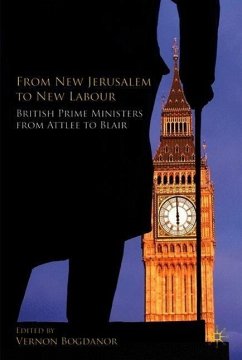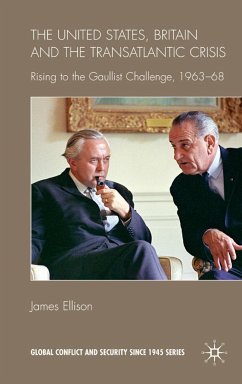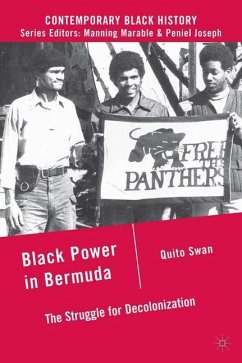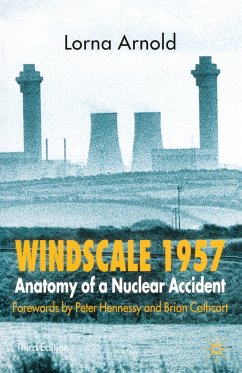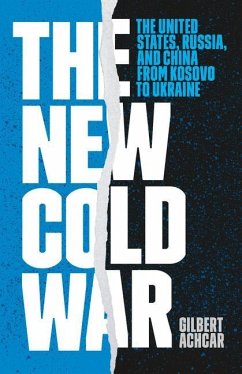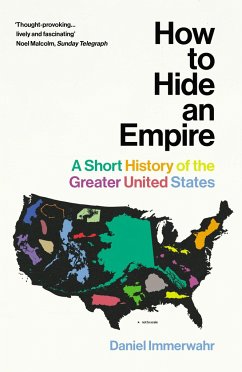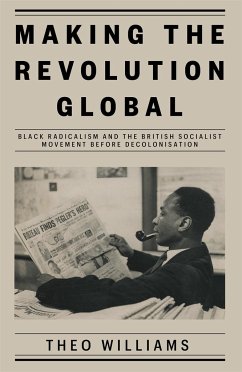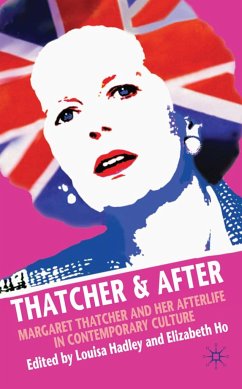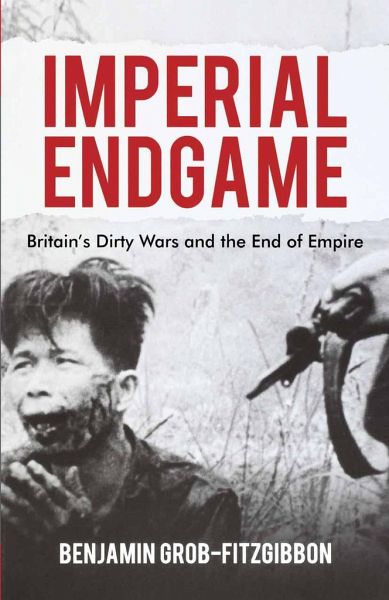
Imperial Endgame
Britain's Dirty Wars and the End of Empire

PAYBACK Punkte
12 °P sammeln!
The story of the British Empire in the twentieth century is one of decline, disarray, and despondency. Or so we have been told. In this fresh and controversial account of Britain's end of empire, Benjamin Grob-Fitzgibbon rejects this consensus, showing instead that in the years 1945-1960 the British government developed a successful imperial strategy based on devolving power to indigenous peoples within the Commonwealth. This strategy was calculated to allow decolonization to occur on British terms rather than those of the indigenous populations, and to thus keep these soon-to-be former coloni...
The story of the British Empire in the twentieth century is one of decline, disarray, and despondency. Or so we have been told. In this fresh and controversial account of Britain's end of empire, Benjamin Grob-Fitzgibbon rejects this consensus, showing instead that in the years 1945-1960 the British government developed a successful imperial strategy based on devolving power to indigenous peoples within the Commonwealth. This strategy was calculated to allow decolonization to occur on British terms rather than those of the indigenous populations, and to thus keep these soon-to-be former colonies within the British and Western spheres of influence during the Cold War. To achieve this new form of informal liberal imperialism, however, the government had to rely upon the use of illiberal dirty wars. Spanning the globe from Palestine to Malaya, Kenya to Cyprus, these dirty wars represented Britain's true imperial endgame. In this fresh and controversial account of Britain's end of empire, Grob-Fitzgibbon reveals that the British government developed a successful strategy of decolonization following World War Two






